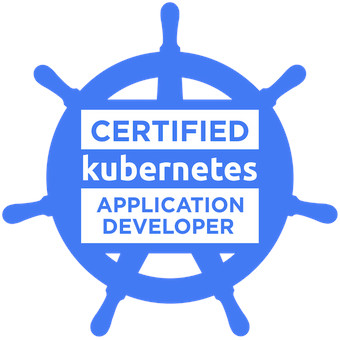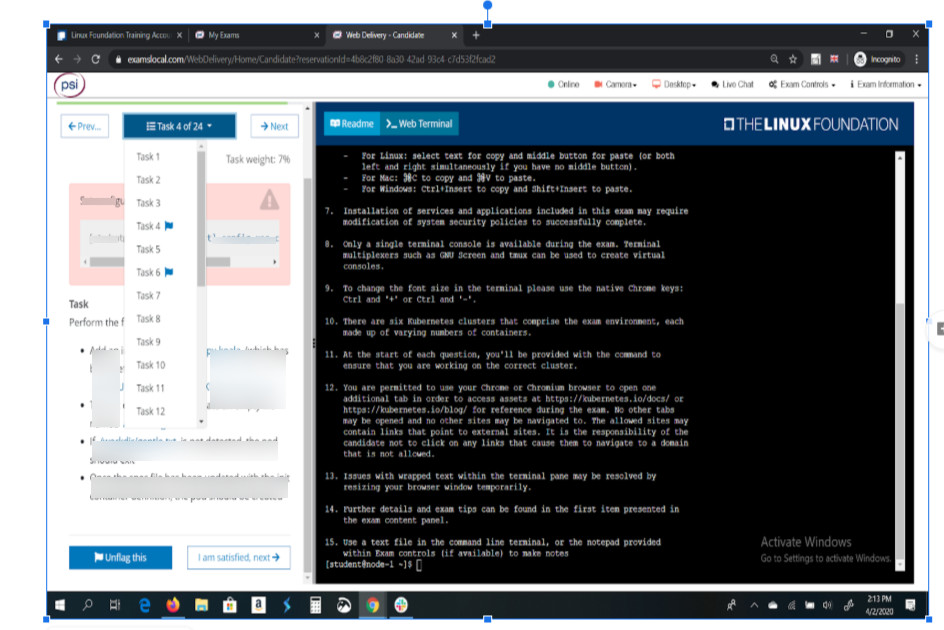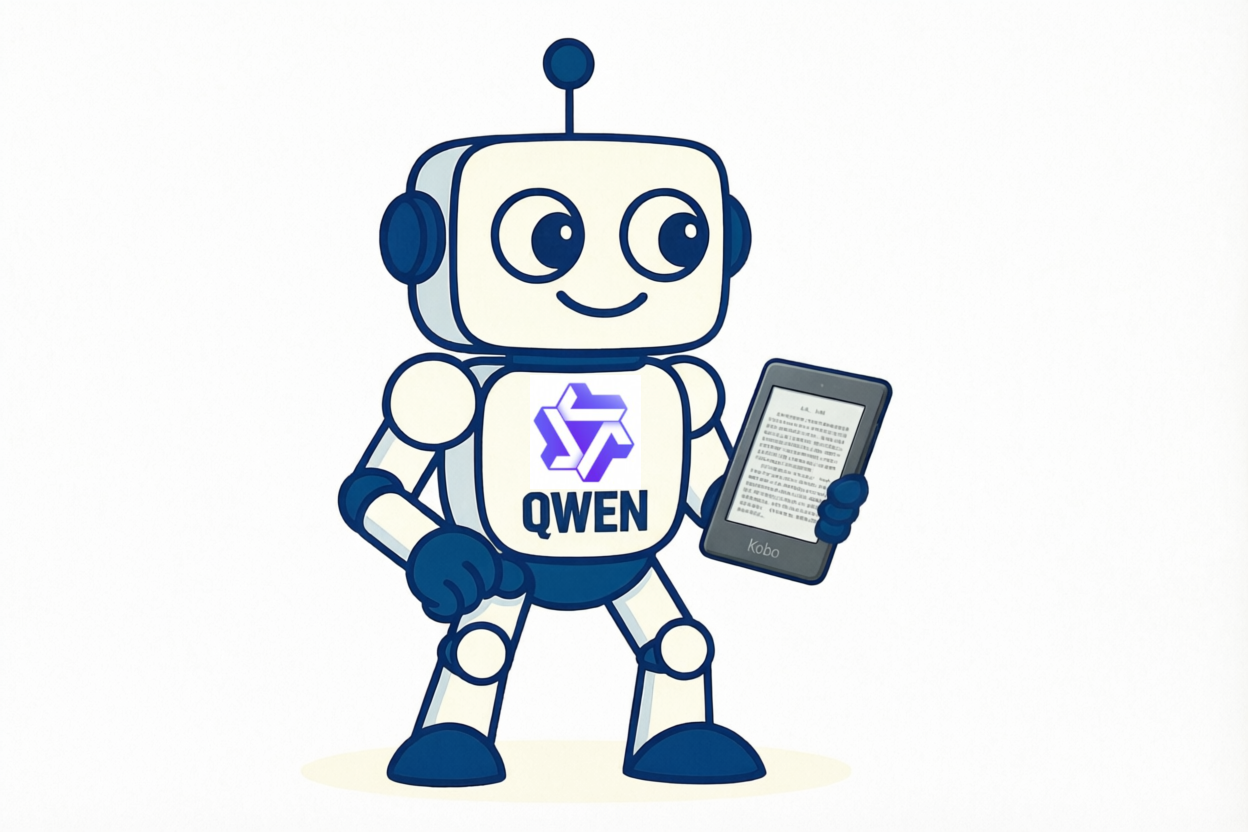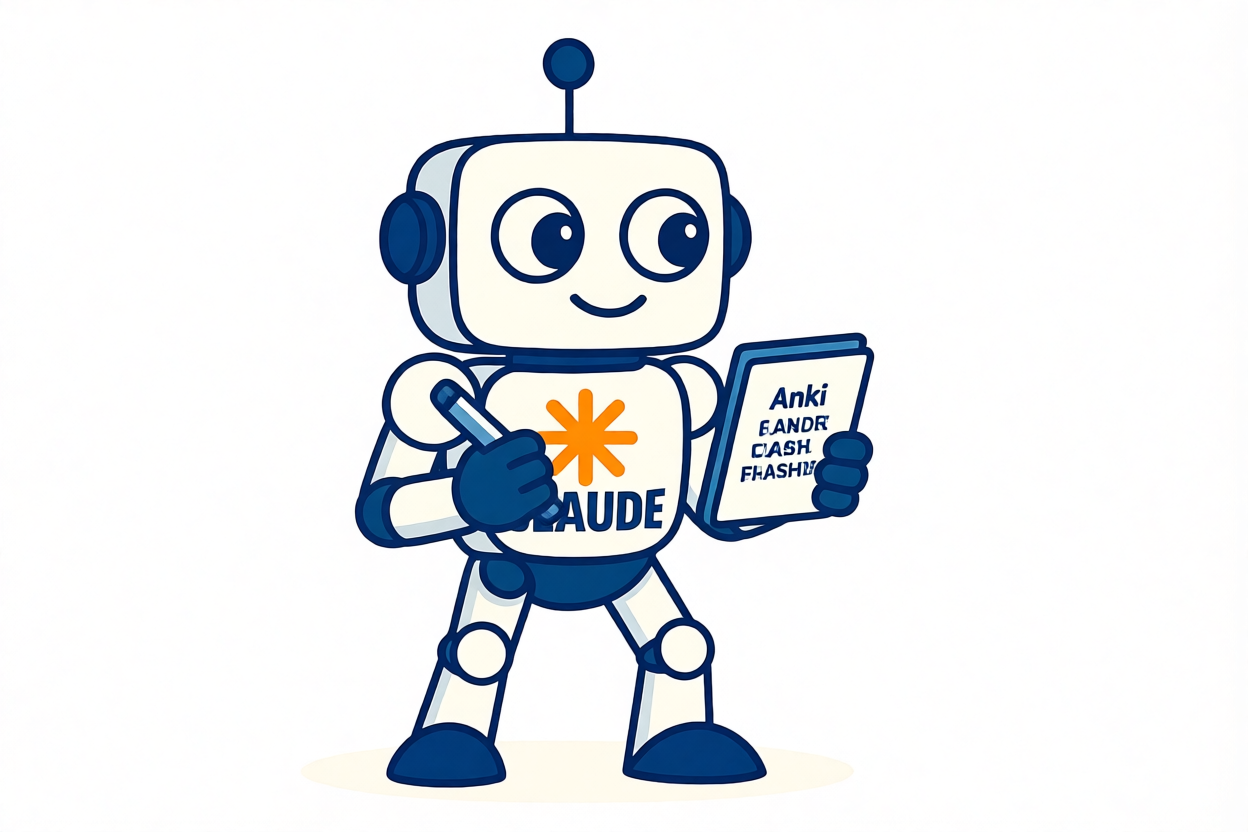Certified Kubernetes Application Developer (CKAD)

I recently approved the Certified Kubernetes Application Developer (CKAD) exam by The Linux Foundation, so I decided to share my experience and some recommendations to prepare for the exam.
The exam
The exam is 100% practical with 19 questions that must be solved in 2 hours, supervised by a proctor who verifies that you are alone during the exam, and that you comply with all rules (for example in my case he asked me to close all doors that gave access to my dining room, where I took the exam).
Some questions will be easy, others will have several steps to follow, so you must manage your time very well. Questions will be shown in a panel on the left side and you will have access to a terminal where you must execute the commands to solve them.

There will be questions to create resources and others to identify and solve problems (troubleshooting). You can copy and paste from the instructions, in addition to having access to a place for notes, for example to keep track of pending questions.
You will be able to consult the Kubernetes documentation from these sites https://kubernetes.io/docs/, https://github.com/kubernetes/, https://kubernetes.io/blog/, opening one and only one additional tab to the exam.
You can take the exam with Chrome, so yo can access the sites mentioned above from your bookmarks (yes, it’s allowed)
My experience
I had some expectation because it’s a practical exam, and since it was the first of this style that I took, I didn’t know what to expect or how I was going to be able to handle time.
During the exam, several things happened to me that delayed me, for example, when I used a Vim’s key combination to move between windows, I accidentally closed the exam, so I had to reconnect and contact the proctor.
On the other hand, that day my Internet provider had problems and made my connection very slow, so changes in the yaml files were seen with delays of approximately 5 seconds.
At some point the connection was completely lost, and the exam was closed, so I had to log in again and coordinate with the proctor.
Another thing that happened was that the alarm on my nearby cell phone went off (I took the exam at 5:00 AM) so I asked the proctor for permission to turn it off, therefore he had to pause the exam.
All these disconnections and pauses don’t stop the time, when the exam begins you have exactly 2 hours. exactas.
Another drawback I had was that I did not have a clock to keep track of the time in the examination interface, but rather a progress bar that was sometimes missing, so the proctor reminded me of the remaining time every so often, interrupting my concentration.
How to prepare?
There are several free and other paid resources, all valid to prepare, but practical experience is essential. I list some of them:
Books
- The Kubernetes Book: Updated Feb 2020 by Nigel Poulton: This book is good for an overview of Kubernetes, and is an extension of Nigel’s course (see below).
- Kubernetes up and running: This is an excellent book to learn Kubernetes, it covers various topics of CKAD and also of CKA.
Online courses
- Kubernetes Certified Application Developer (CKAD) with Tests (Mumshad Mannambeth): This course is very well designed and explains in detail and with many animations the concepts necessary to learn how to deploy applications in a Kubernetes cluster. Additionally, it gives access to a platform named Kloud Kode created with Teachable and with Katacoda environments designed for each topic covered, two exam-type labs (with a high degree of difficulty) and two exams to practice and prepare to work under the pressure of the real exam. .
- Certified Kubernetes Application Developer (CKAD) - Linux Academy: If you have a LinuxAcademy subscription you can follow this course. Keep two things in mind: 1) It focuses on editing yamls and little on how to generate them. 2) The exam mocks they have to practice are not so difficult and they may be insufficient to pass without having practiced beyond them. It’s recommended to do the labs, exams and other questions to exercise (see below)
- Kubernetes Deep Dive - A Cloud Guru: This course is to have an overview of Kubernetes, for example of its architecture (API Server, Kubelet, etc.) as well as to take the first steps in application deployments. No practical labs included.
- Kubernetes Fundamentals - A Cloud Guru: This course is to start with Kubernetes, to have the fundamental concepts. Ideal for those who have not had contact with Kubernetes. No practical labs included.
Practice environments
- Katacoda: This platform allows you to interact with a cluster with just one node, from a web console, similar to what we would get in the exam. The interesting thing is that there are scenarios created by other users that can be used to learn basic concepts, such as secrets, configmaps, volumes, etc. Please note that each scneario lasts a maximum of one hour.
- Minikube: With this option you can install a virtual machine to have your own cluster with a node.
Exercises to practice
- CKAD Exercises: A set of exercises that will help you prepare for the exam and can also help you learn and practice with Kubernetes.
- Practice Enough With These 150 Questions for the CKAD Exam:This is another set of exercises that serve to prepare you and have all the concepts fresh before going to the exam..
- Kubernetes CKAD Example Exam Questions Practical Challenge Series: This page presents some challenges to complete and some tips for the exam. They also offer an exam simulator at a cost of €30 (I didn’t subscribe, so I don’t know exactly what the simulator is like or if it really has similar exam questions).
Endnotes
Again I recommend you to practice enough before taking the exam, even if you have experience with Kubernetes. Time management is important, so you must be prepared to use the Kubernetes documentation quickly (from the documentation page or from the console with kubectl), be prepared to generate yamls (not edit them), and handle nerves and pressure.
References
- Exam Rules and Policies
- The Kubernetes Book: Updated Feb 2020 by Nigel Poulton.
- Kubernetes up and running
- Kubernetes Certified Application Developer (CKAD) with Tests (Mumshad Mannambeth)
- Certified Kubernetes Application Developer (CKAD) - Linux Academy
- Kubernetes Deep Dive - A Cloud Guru
- Kubernetes Fundamentals - A Cloud Guru
- Katacoda
- Minikube
- CKAD Exercises
- Practice Enough With These 150 Questions for the CKAD Exam
- Kubernetes CKAD Example Exam Questions Practical Challenge Series




